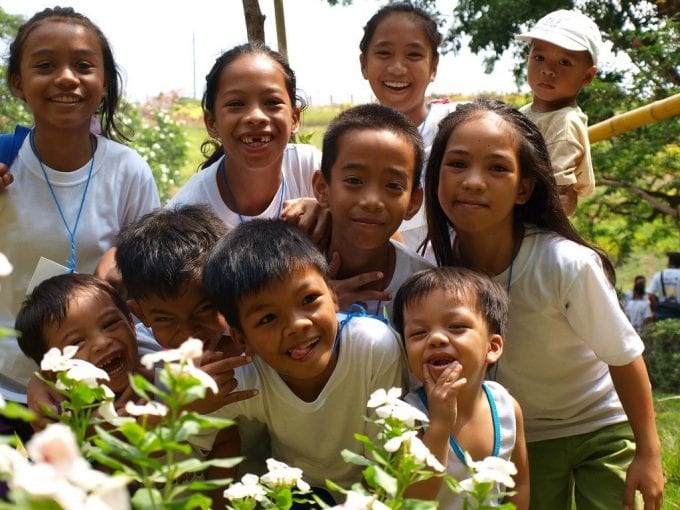
The long-term goal of the research by Prof. Dr. Partini, Dr.phil. Hermin Indah Wahyuni, and Lidwina Mutia Sadasri, MA of the Higher Education Leading Basic Research Grant Program – PDUPT in 2018-2019 is to encourage the formulation of human development policies, especially women who are sensitive to the Sexual Reproductive Health Rights (HKRS) through comprehensive reproductive health education in various educational institutions. The specific target to be achieved through this research is the publication of research on mapping reproductive health education and its potential to prevent child marriages. In fulfilling this, the real method carried out is to provide authentic data qualitatively and quantitatively obtained in the field and then to collaborate with various relevant stakeholders (government, educational institutions, BKKBN, NGOs). Forms of publications include international and national research journals, the publication of books, recommendations for public policy formulation, research results seminars, and training on reproductive health for adolescents.
Child marriage is defined as marriage performed by children under the age of 18 who are forced, or of their own volition. In this practice, girls are the most disadvantaged because they are related to the high Maternal Mortality Rate (MMR) and the obstruction of their potential to develop themselves. One of the most basic forms of child marriage prevention is the application of understanding reproductive health, especially for adolescents. Unfortunately, this has not been maximized because of religious and socio-cultural challenges. Thus, studies of the need for strengthening reproductive health are urgently needed regarding efforts to save the younger generation and gender equality under the 2015-2030 Sustainable Development Goals (SDGs).
With this in mind, this research is in line with one of the research priorities of Gadjah Mada University, namely the handling of vulnerable communities. In this study, adolescents (men and women) are vulnerable groups that easily fall into child marriages. This research maps out the forms of transfer of knowledge about reproductive health between children in the family environment, children in the school environment, children in the community, and the influence of conventional mass media and online media that provide opportunities or become obstacles in accessing knowledge about reproductive health. This situation is also following the research plan of Gadjah Mada University, namely the issue of cultural aspects of social media and digital media and research maps of the Center for Southeast Asian Social Studies UGM, namely social, political and cultural dynamics in the Southeast Asia region, specifically Indonesia.
![]()

![]()

